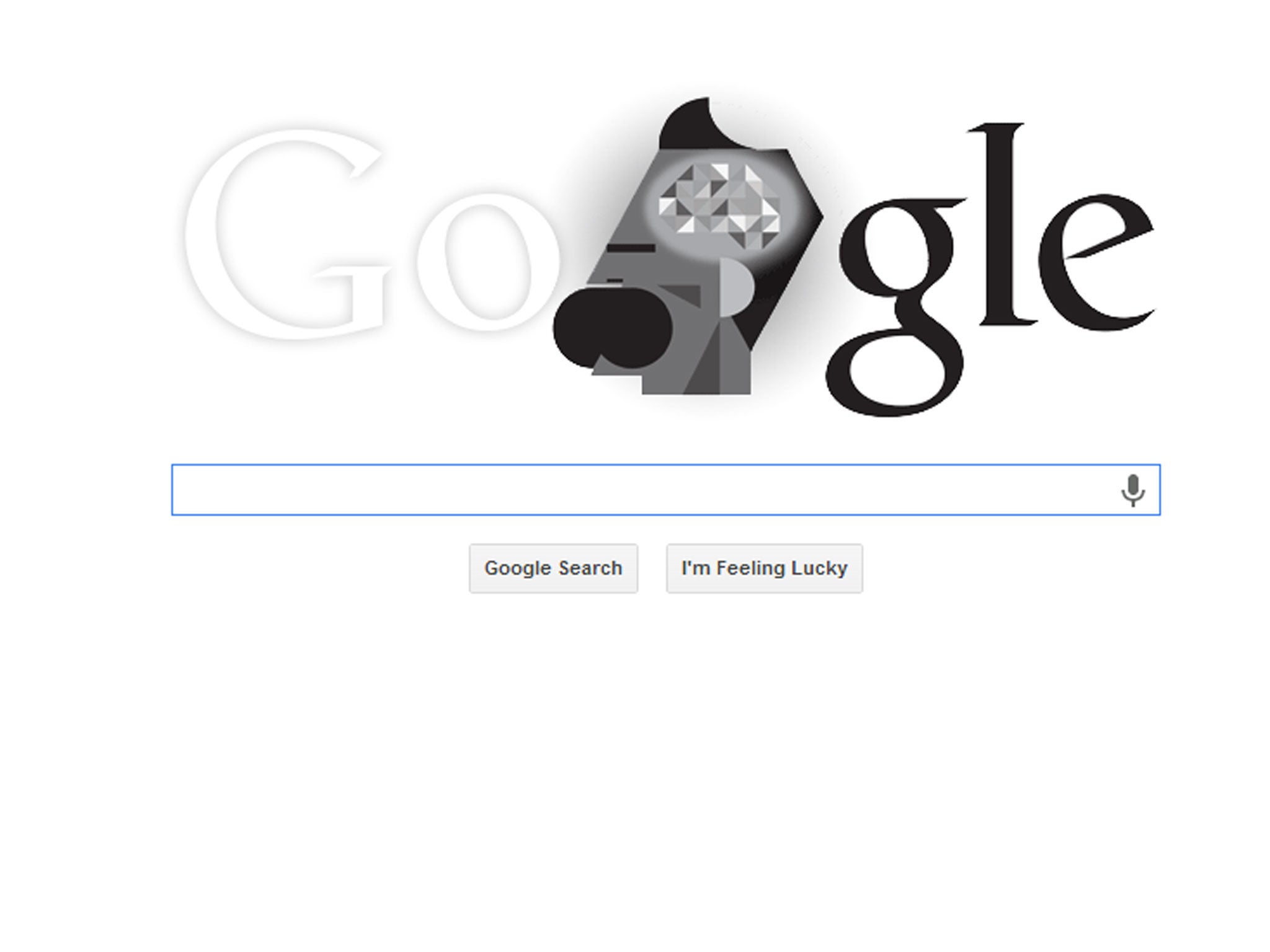Google Doodle celebrates the birthday of German philosopher Friedrich Nietzsche

Your support helps us to tell the story
From reproductive rights to climate change to Big Tech, The Independent is on the ground when the story is developing. Whether it's investigating the financials of Elon Musk's pro-Trump PAC or producing our latest documentary, 'The A Word', which shines a light on the American women fighting for reproductive rights, we know how important it is to parse out the facts from the messaging.
At such a critical moment in US history, we need reporters on the ground. Your donation allows us to keep sending journalists to speak to both sides of the story.
The Independent is trusted by Americans across the entire political spectrum. And unlike many other quality news outlets, we choose not to lock Americans out of our reporting and analysis with paywalls. We believe quality journalism should be available to everyone, paid for by those who can afford it.
Your support makes all the difference.Today's Google Doodle celebrates the 169th birthday of German philosopher Friedrich Nietzsche, whom many remember for his declaration "God is dead" and rejection of religion.
Born in 1844 in the small town of Röcken, near Leipzig, in the Prussian Province of Saxony, Nietzsche attended a boys school before commencing his studies in theology and classical philology at the University of Bonn.
Despite never receiving his doctorate, he was appointed the position of Chair of Classical Philology at the University of Basel aged just 24.
Among his most famous ideas are the Apollonian/ Dionysian dichotomy, 'will to power' and the death of God.
His essays often questioned the value and objectivity of truth and the harmful effect he believed the Christian faith could have on society.
Nietzsche's most influential works include Beyond Good and Evil, The Birth of Tragedy and The Will to Power.
He suffered a breakdown in 1889 having struggled with mental health issues his whole life. He was placed under the care of his mother and subsequently his sister Elisabeth Förster-Nietzsche, who assumed the role of curator of his manuscripts. He died in 1900.
Join our commenting forum
Join thought-provoking conversations, follow other Independent readers and see their replies
Comments